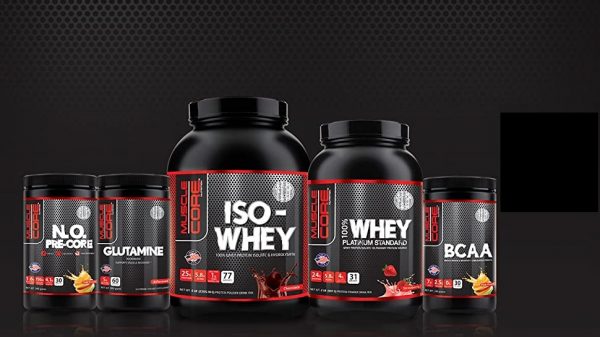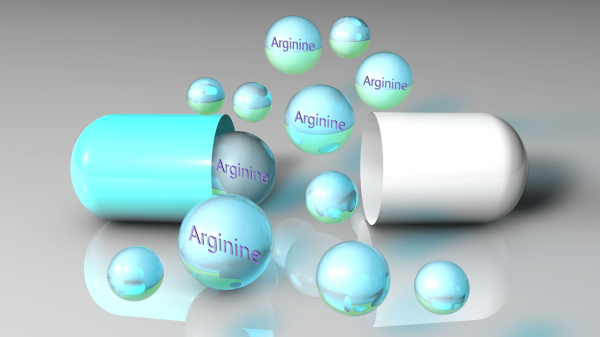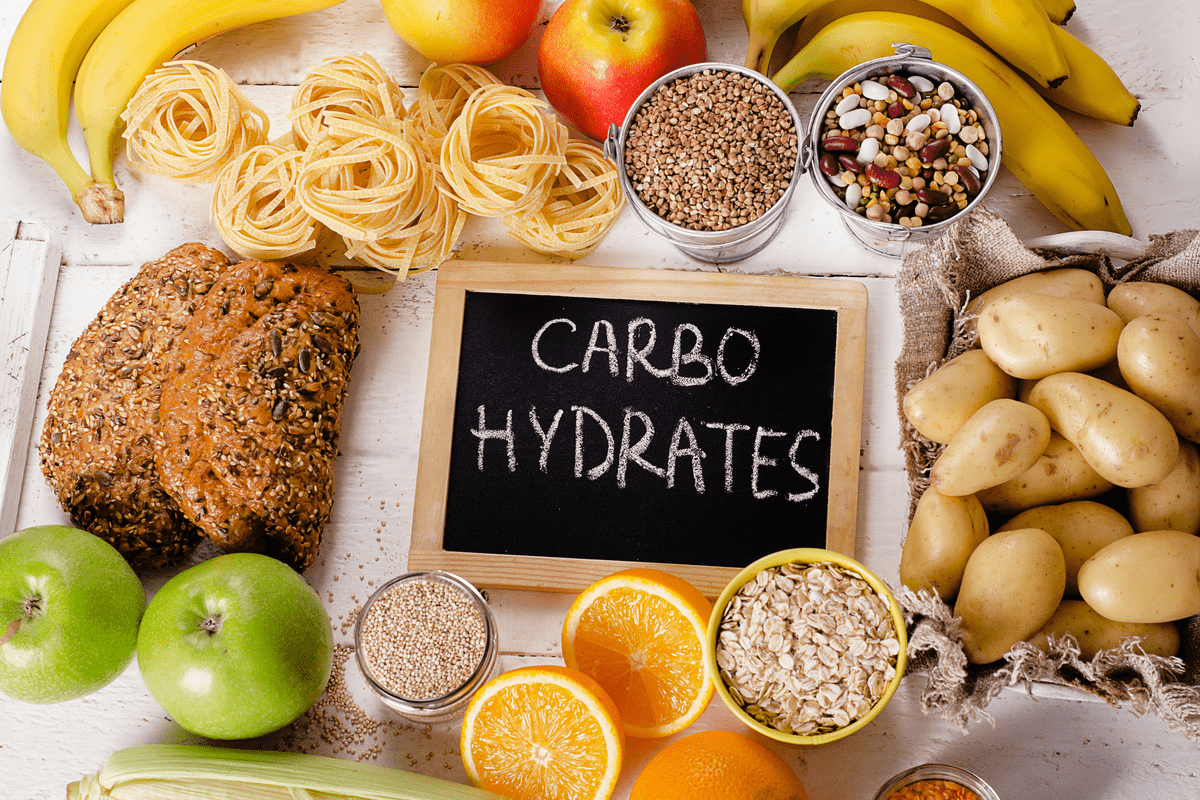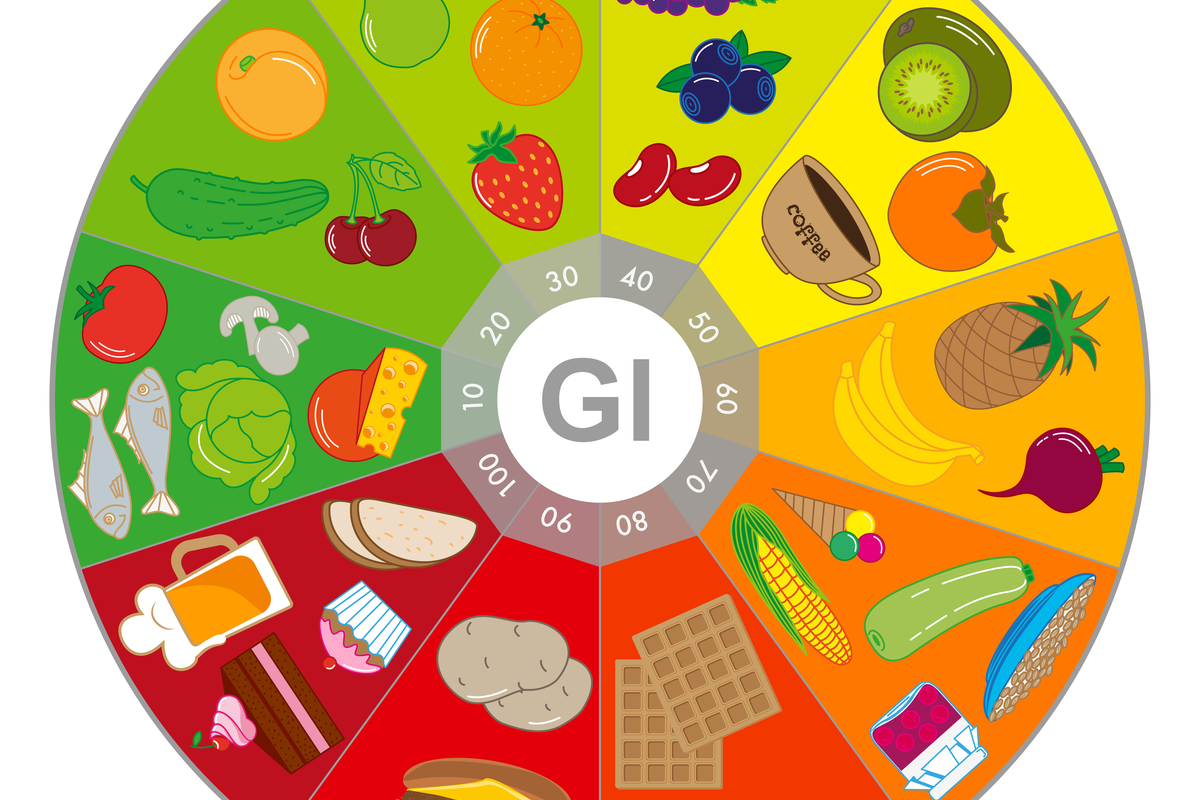Vitamin B complex is a class of water-soluble vitamins that are essential for different functions in the body, such as the synthesis of RBCs (Red Blood Cells) and cell metabolism.
Just like all the other types of vitamins, B vitamins are found in different types of foods, and you can get B vitamins from Vitamin B complex tablets/supplements also.
Vitamin B complex contains;
- Vitamin B1 (Thiamin). It is essential for the growth and development of different organs such as the heart and brain.
- Vitamin B2 (riboflavin). It is essential for metabolism processes such as breakdown of fats.
- Vitamin B3 (niacin). It is essential for healthy skin, digestion, and nerves. It also helps to maintain the cholesterol levels in the body.
- Vitamin B5 (pantothenic acid). It is essential for brain health.
- Vitamin B6 (pyridoxine). It is essential for the formation of cells such as red blood cells and supplies oxygen to the whole body. It also boosts the health of the immune system.
- Vitamin B7 (biotin). It is essential for nails, hair, and different nerve functions. According to Trichologists, biotin is essential to prevent hair loss, and it is used to make the hair stronger and thicker.
- Vitamin B9 (folic acid). It is essential for the formation of genetic material and DNA. It reduces the risk of birth defects during pregnancy.
- Vitamin B12 (cobalamin). It prevents anemia that is caused by the deficiency of Vitamin B12.
Functions of B Vitamins
Vitamin B is essential for overall health. Vitamin B is considered the major component for a healthy body and directly affects your energy stores, brain processing and functioning, and cell metabolism.
It aids in avoiding any occurrence of infections and maintains cell health and growth.
Food High in Vitamin B12
Animals naturally contain vitamin B 12 in their bodies, so a person can nourish themselves using their meat or from substances fortified with this vitamin.
You can get it from animal sources such as meat, fish, dairy items, eggs, and poultry.
It is essential to note the Nutrition Facts label present on the product so as to know whether food is fortified with B12 or not.

Vitamin B12 Deficiencies
You may have more risks of forming deficiency of vitamin B12 if you have following conditions:
- You have immune system disorders such as lupus or Graves’ disease.
- A condition in which vitamin B12 absorption is affected is known as Pernicious anemia.
- A condition where the stomach lining has been altered to become thin and weak is known as Atrophic gastritis.
- Ailments like celiac disease, a parasite, bacterial growth, or Crohn’s disease that damages your small intestines.
Vitamin B12 deficiency is also prevalent in those individuals with a vegan diet only (containing vegetables etc., and no meat products from animals, even eggs, cheese, milk) or lack of sufficient dairy products or eggs for vegetarians resulting in a lack of adequate B12 in the body.
Benefits of Vitamin B Complex

1. Vitamin B12 tablets to boost Immune System
Nutritious food containing vitamin B2, which is Riboflavin, is essential to prevent riboflavin deficiency.
Riboflavin is essential to assist the body in development and uses components of diet like proteins, fats, and carbohydrates to convert food into energy.
Vitamin B also helps in keeping the blood cells healthy, skin and lining of gut-healthy too. Riboflavin is also essential to treat migraine headaches and cataracts.
It also works to enhance energy levels, increase immunity against covid-19, treat acne, carpal tunnel syndrome, and muscle cramps.
2. Vitamin B complex tablets for breaking down food into energy
Nicotinic acid or niacin, commonly known as vitamin B3, is required in our foods to help in metabolizing the food into energy for further use.
Males from age 14 to older require 16 mg every daily while females of this age need 14 mg every day. Sources of vitamin B include nuts, dairy, fish, lean meats, legumes, and enriched bread.
3. Vitamin b12 for Healthy Hormones
Your daily requirement of vitamin B5 (pantothenic acid) is 5 mg for individuals about 14 years old or above age. Vegetables like the cabbage family contain vitamin B5 in them.
Your dietary requirement for vitamin B5 is regular because it is a water-soluble vitamin. Hormones are developed with the presence of pantothenic acid in the body that also helps in the growth of bodies.

4. B Vitamins Reduce Heart Disease Risk
Vitamin B6 is essential for several 100 enzyme reactions within the cells, aiding in the breakdown of food into amino acids and developing new red blood cells. Chances of heart disease also lower with the use of vitamin B6.
Can I take vitamin b complex every day?
Gaining sufficient vitamin B hardly happens since they are water-soluble and are not present enough in the diet, so you should take B-complex supplements for the proper amount.
But still, high use can lead to serious side effects due to the presence of excessive amounts.
Side Effects of Vitamin B Complex
If you take too much B Vitamins, then it can cause major side effects, and some side effects of Vitamin B complex are;
- Vomiting
- Skin disorders
- Nausea
- Increased urination
- Blurry Vision
- Excessive Thirst
- Diarrhea
- Abdominal pain
















